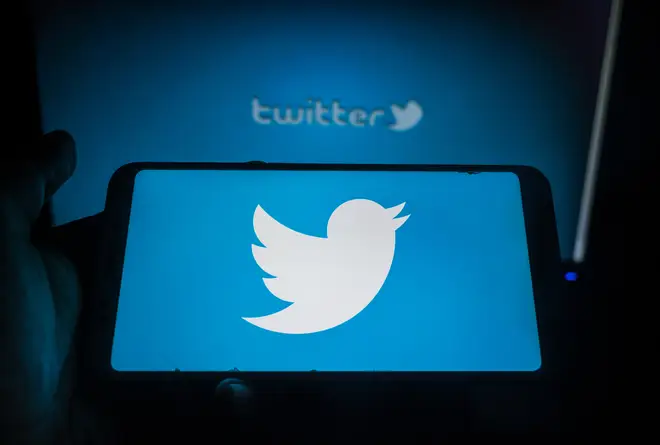
Shelagh Fogarty 1pm - 4pm
3 July 2020, 20:59

Twitter is dropping the use of “master”, “slave” and “gendered pronouns” in its programming codes to be more inclusive.
The social media giant said it would replace the words “whitelist” and “blacklist” with “allowlist” and “denylist” in coding systems and company documents.
It also said it would ban gendered pronouns, replacing “guys” with “folks” or “people” and using “they, them, their” instead of “he/him/his”.
The terms are frequently used in source codes on the backend of websites, with “master" referring to the main version of code that controls the "slaves," or replicas.
Twitter said “leader/follower” would be used instead."Blacklist" is often used by IT developers to describe items that are automatically denied, such as forbidden websites.
Twitter’s engineering department confirmed the change in a tweet. “Inclusive language plays a critical role in fostering an environment where everyone belongs,” they said.
We’re starting with a set of words we want to move away from using in favor of more inclusive language, such as: pic.twitter.com/6SMGd9celn
— Twitter Engineering (@TwitterEng) July 2, 2020
“At Twitter, the language we have been using in our code does not reflect our values as a company or represent the people we serve. We want to change that.”
Bosses also said they were implementing a browser extension for employees to identify the words in documents and webpages and “suggest alternative inclusive words”.
Regynald Augustin, a Twitter engineer, told tech website CNET that he received an IT email with the subject line “automatic slave rekick” that made him “madder than I ever thought I would be in the workplace”.
“This isn't just about engineering terms or code,” Twitter said.
“Words matter in our meetings, our conversations, and the documents we write.“We know there’s still a lot of work to do, but we’re committed to doing our part.”I
t comes after Google's Chromium web browser project and Android operating system both urged developers to avoid using the terms "blacklist" and "whitelist".
Corporations have been under intense pressure during the recent wave of Black Lives Matter protests to step up their anti-racism pledges.
A Stop Hate for Profit campaign has waged an advertising boycott on Facebook over alleged inaction on hate posts, with Ford, Adidas, Coca Cola, Unilever and Starbucks all backing it.